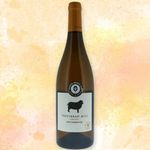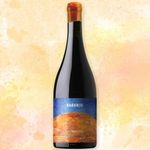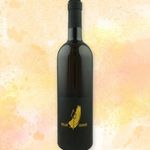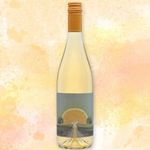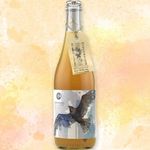It’s time to take orange wines seriously (and five to try when you do)
It's not scary, it's not a gimmick and it certainly isn't to be sniffed at. Here's why red and white can take a backseat this summer...
We know, we know. It sounds odd. Orange wine. And it is — when you compare it against your reds, your whites, your pinks. Even when you think you’ve got your head around the hue, you’ll still wince when you glance down at your glass. Something about it just doesn’t *feel* right.
Maybe it’s because, historically, orange is a bit of a sketchy, sinister colour. Take Agent Orange. That’s nasty stuff. Tim Roth’s Mr. Orange from Reservoir Dogs, too. He was a pretty scary chap. Did you know an airplane’s black box isn’t actually black, but orange? So there’s that. And that’s before we even touch on Donald Trump or the Aperol Spritz…
But not everything orange is bad. Oranges themselves are quite tasty. And orange wine, you’ll find, is something of a hidden gem. Also known as skin-fermented white wine, this amber wine is produced when the skins of white grapes are left in the fermentation vessel — where they release pigments, phenols and tannins that give orange wine its distinctive texture and taste.
So there’s no real oranges involved at all. Some of these orange wines may have a decidedly citric tang to them, but you’ll be just as likely to find notes of stone fruit, tea flavours or notes of honey in there. So don’t be afraid — and dip your toe into the fourth wine colour with one of the choice bottles below…
Trevibban Mill’s Orion is flying the British flag
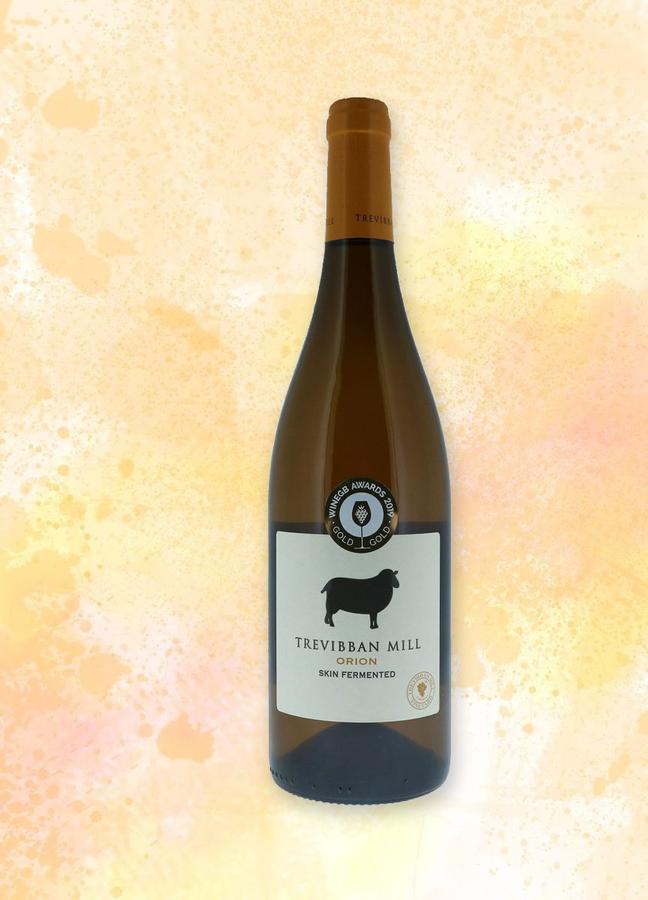
Where’s it from? Not too far away at all. On our fair isle itself, down by the northern Cornish village of Padstow, Trevibban Mill is a lovely little spot — and run by real envelope-pushers. This Orion orange wine dares to be different, and we couldn’t be prouder of our fellow patriots.
What does it taste like? Like all orange wines, Orion basically tastes like a stronger version of a white made from the same grapes. In this instance, those flavours are of honey, dried apricots, delicate orange peel and a slight hint of autumn spice.
What does it pair with? Seeing as it hails from Padstow, we’d have to recommend fish. And, to go up against the spice and the strong flavours, try something aromatic — such as a monkfish curry.
This Naranjo Torontel Loncomilla Maturana is surprisingly soft
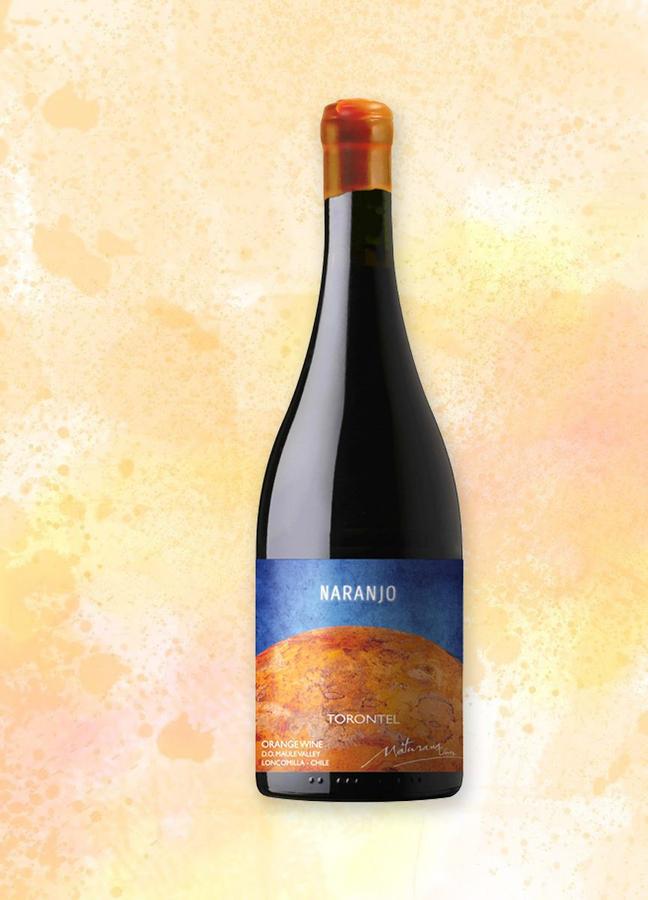
Where’s it from? A little further afield than Cornwall, that’s for sure. This bottle comes all the way from Loncomilla, a remote sub-region of the Maule Valley in Chile, where the heritage vines used to create it have been growing for over 80 years.
What does it taste like? It’s not dissimilar to the Orion above. There are the spices, such as cardamom, in there — as well as a shade of orange peel. But the Naranjo retains more delicacy than its Cornish brother-in-colour, with whispers of white flowers and potpourri also coming through.
What does it pair with? A white-sauce pasta dish certainly wouldn’t go amiss here. But, to complement the hint of orange, we’d suggest you get a thick slab of walnut bread, and spread an even thicker slab of goat’s cheese on top. Muy apetitoso!
Primario, from Atelier Kramar, will broaden your gastronomic horizons
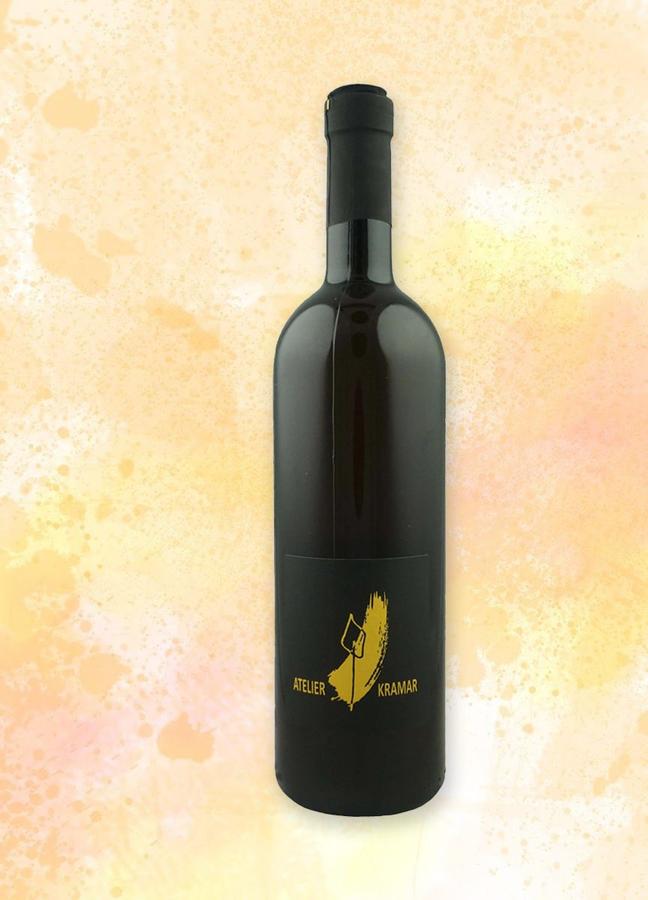
Where’s it from? Slovenia may not be famous for its winemaking, but the Eastern European country is actually where the practice of making orange wine originated. This bottling is from the Atelier Kramar winery, on the Italian border.
What does it taste like? Fruit! So much fruit! Orange, of course, crops up subtly, but the overwhelming flavours here are those of apple and pear, with a barrage of lemons and limes adding fresh acidity to the finish.
What does it pair with? Bear with us here; braised rabbit. It’s another Slovenian speciality — often cooked into a dish called bakalca — and will chime delectably with the sweetly macerated spice of the Primario.
This Solara Viile Timisului is an orangey orange wine
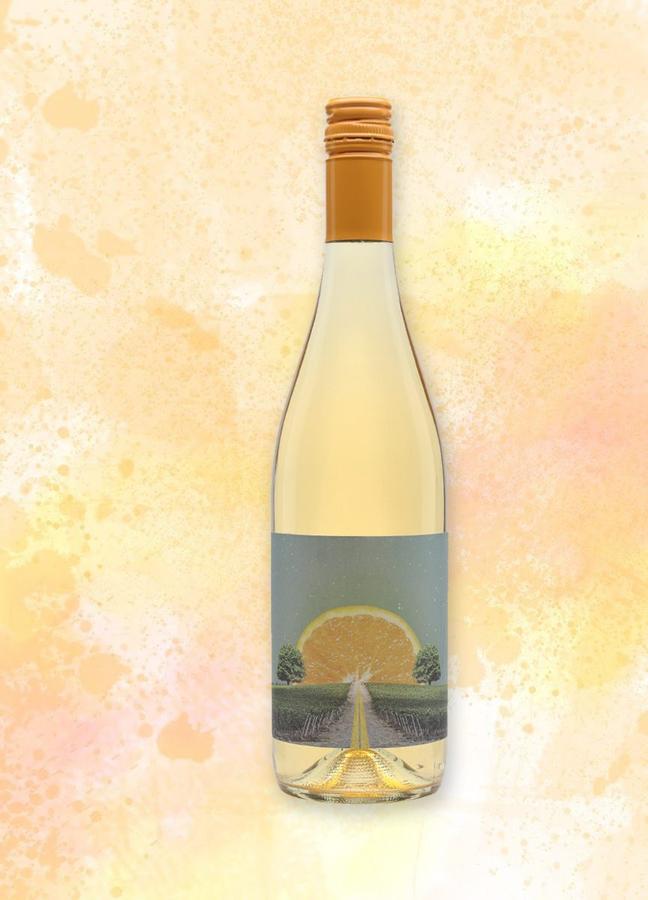
Where’s it from? Even further east — Romania. It’s another up-and-coming winemaking country and, although it may not have France or Italy on the ropes just yet, Romania’s hidden gems — such as the Viile Timisului winery — are well worth checking out.
What does it taste like? The label should give you a clue. This is perhaps the most orangey orange wine on our list, with punchy, zesty citrus coming out shining on the palate. There’s also apple, pear — and an alluring herby finish.
What does it pair with? Try a creamy dessert. There’s a lot going on in this wine, but pair it with some sweet treats and you’ll unlock some subtler flavours you didn’t even think were there — such as vanilla.
Cambridge Road Cloudwalker is fresh and flowery
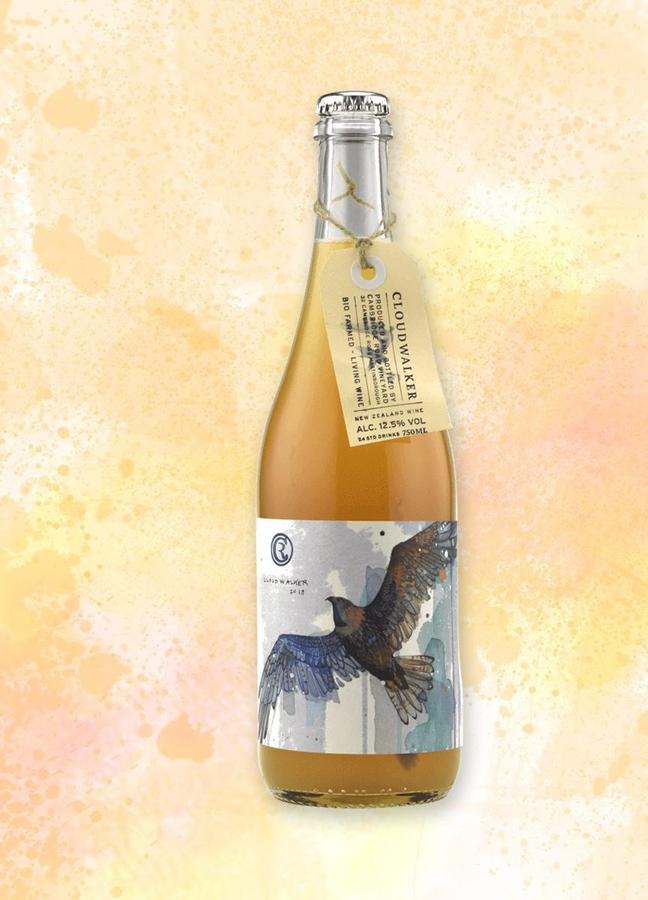
Where’s it from? Another bottle from the other side of the world, Cambridge Road’s Cloudwalker (a magnificent name) hails from the slopes of Martinborough, New Zealand, and is created using two-thirds Pinot Gris and one-third Riesling.
What does it taste like? Pears and flowers. It’s one of the least-orangey orange wines on this list — but none the worse for it. Instead, it allows the other flavours stirred up by this unique process to take centre stage, and finishes fresh with lemon and lime.
What does it pair with? As with Trevibban Mill’s Orion above, fish is the only way to go with this. We wouldn’t even cook it. Some choice sashimi would be excellent — accentuating the sweet freshness in both parts of your pairing.
Looking for more pairings to educate your palate? Charles Carron Brown, head sommelier, at Henrock by Simon Rogan, has some suggestions…
Become a Gentleman’s Journal member. Find out more here.

Become a Gentleman’s Journal Member?
Like the Gentleman’s Journal? Why not join the Clubhouse, a special kind of private club where members receive offers and experiences from hand-picked, premium brands. You will also receive invites to exclusive events, the quarterly print magazine delivered directly to your door and your own membership card.
